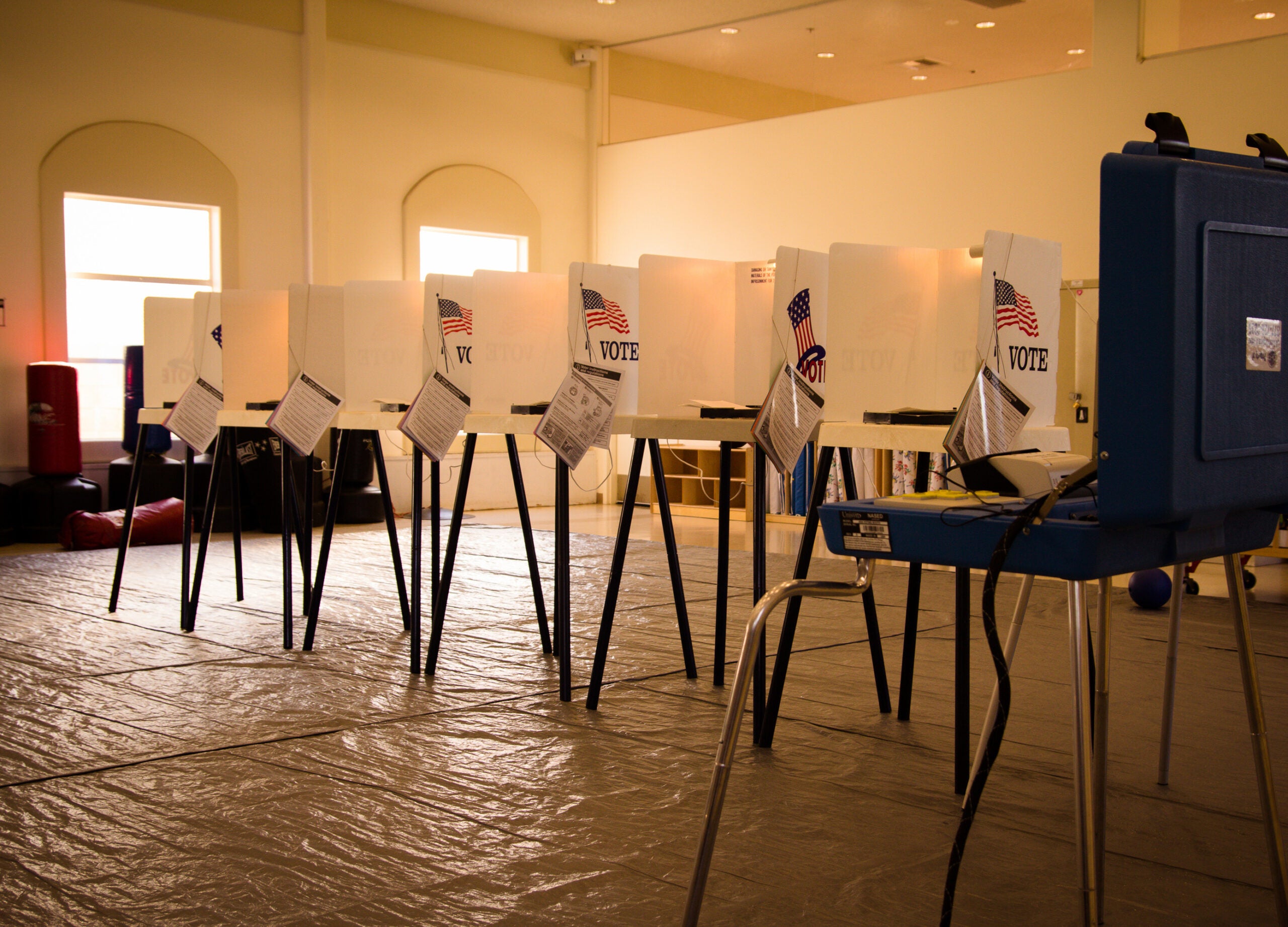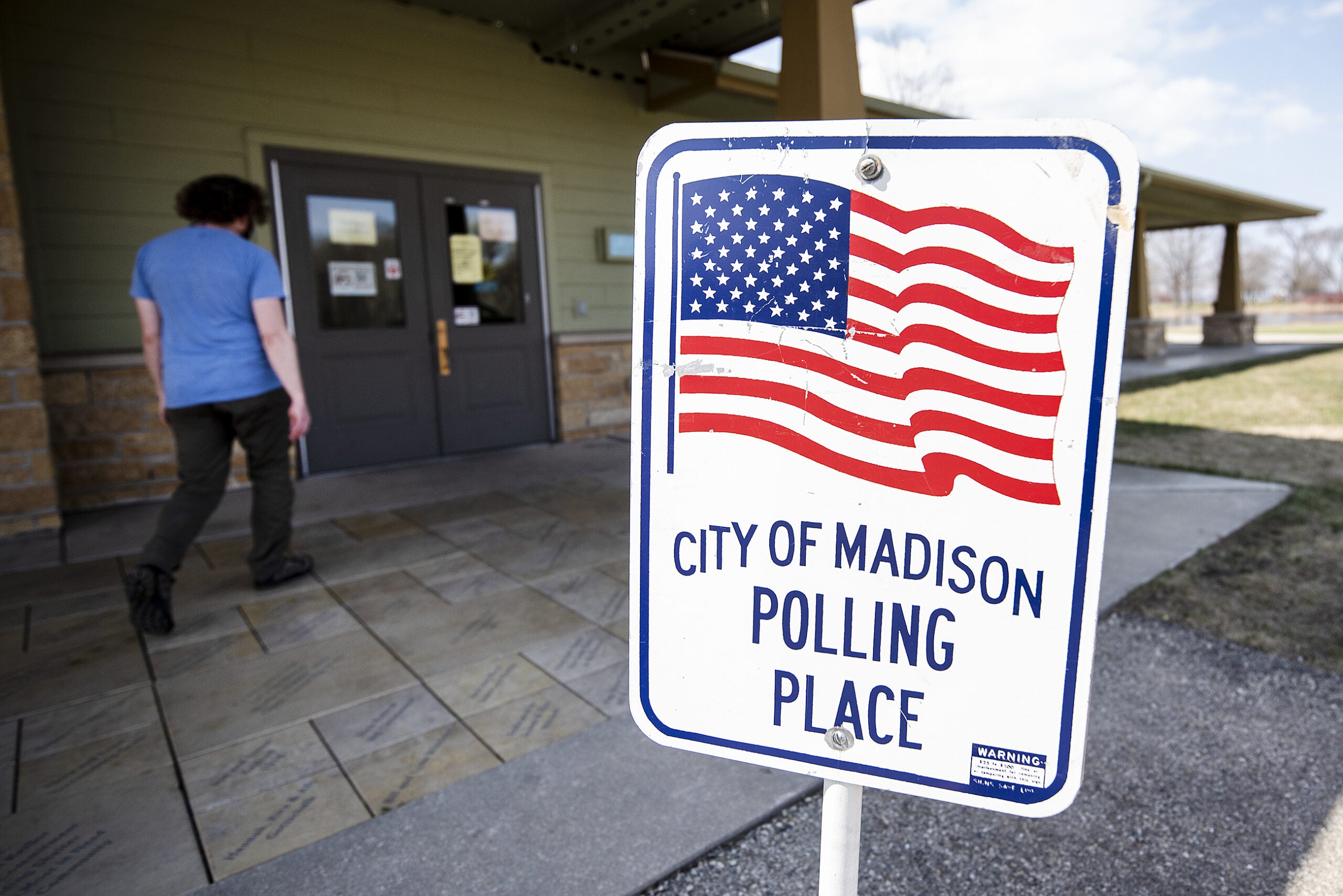Wisconsin’s voter ID law has the potential to more than double wait times at the polls, according to a local election official.
Maribeth Witzel-Behl, Madison’s city clerk, testified on Tuesday in the ongoing federal trial on Wisconsin’s voter ID law, which is looking at whether the law places a disproportionate burden on certain voting populations, including young people and minorities.
“When the law first went into effect, we held some mock elections to time the old procedures that we had in place and time the new procedures and it took two-and-half times as long to check in at the poll book,” said Witzel-Behl.
News with a little more humanity
WPR’s “Wisconsin Today” newsletter keeps you connected to the state you love without feeling overwhelmed. No paywall. No agenda. No corporate filter.
She said Madison has already implemented changes to address the problem: Poll books are split in two, allowing two poll workers to check in two voters at once.
The change made a difference, she said, but Witzel-Behl is still concerned about wait times for this November’s presidential election — and the potential effect they could have on voters.
“When the lines get really long, that can be discouraging to voters,” she said. “If there’s a long line, they might be discouraged from voting altogether.”
She said Madison hopes to have wait times of 15 minutes or less.
During last month’s presidential primary, the first real test of the voter ID law, some polling places across the state saw wait times up to two hours.
Witzel-Behl also commented on confusion among college students adapting to the law. She said her office has been working on outreach to UW-Madison to clear up any misconceptions about ID requirements.
Proponents of voter ID say it decreases fraud.
The voter ID trial is expected to continue through next week.
Wisconsin Public Radio, © Copyright 2025, Board of Regents of the University of Wisconsin System and Wisconsin Educational Communications Board.






